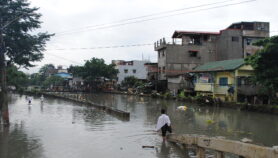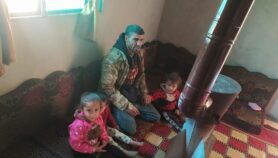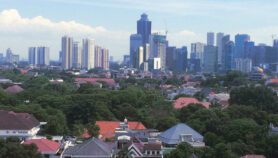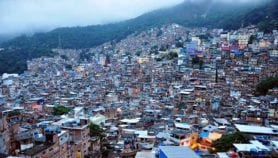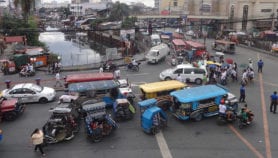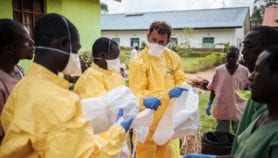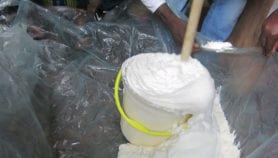18/11/14
The urban challenges of a booming Maputo
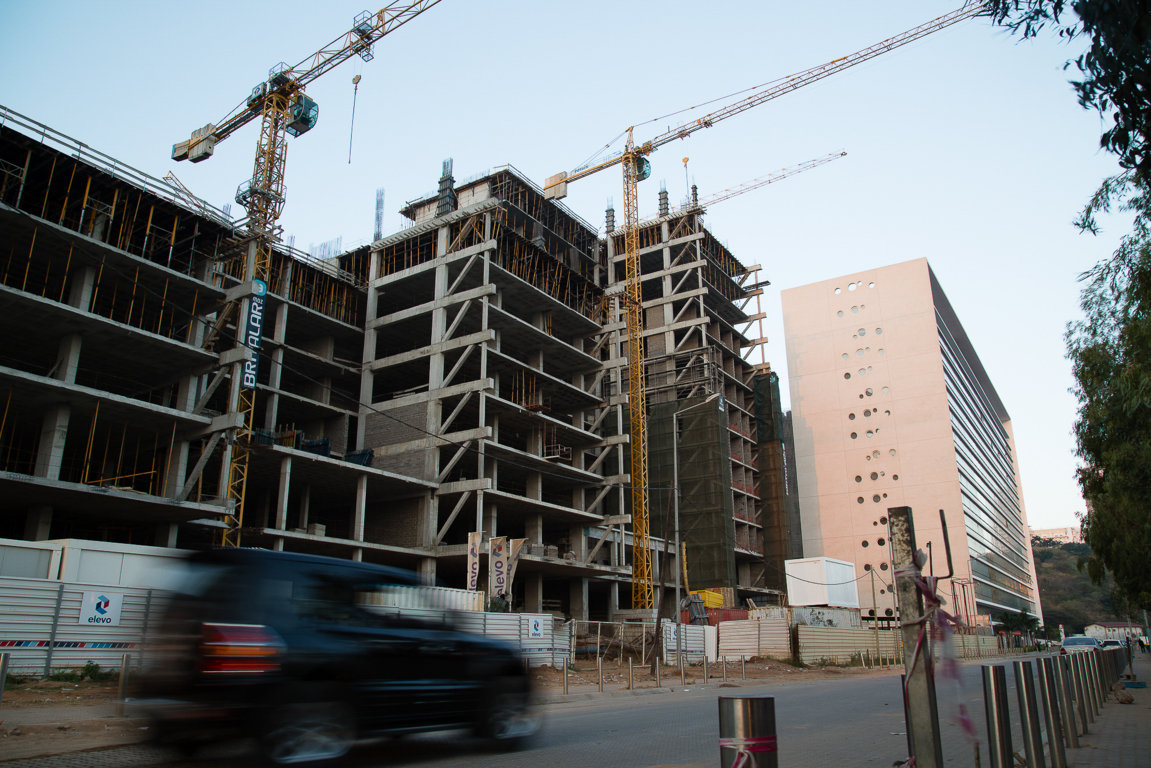
Offices being built in central Maputo, southern Mozambique. The construction industry is booming, with property prices in the city centre more than doubling in the past five years
Jon Spaull
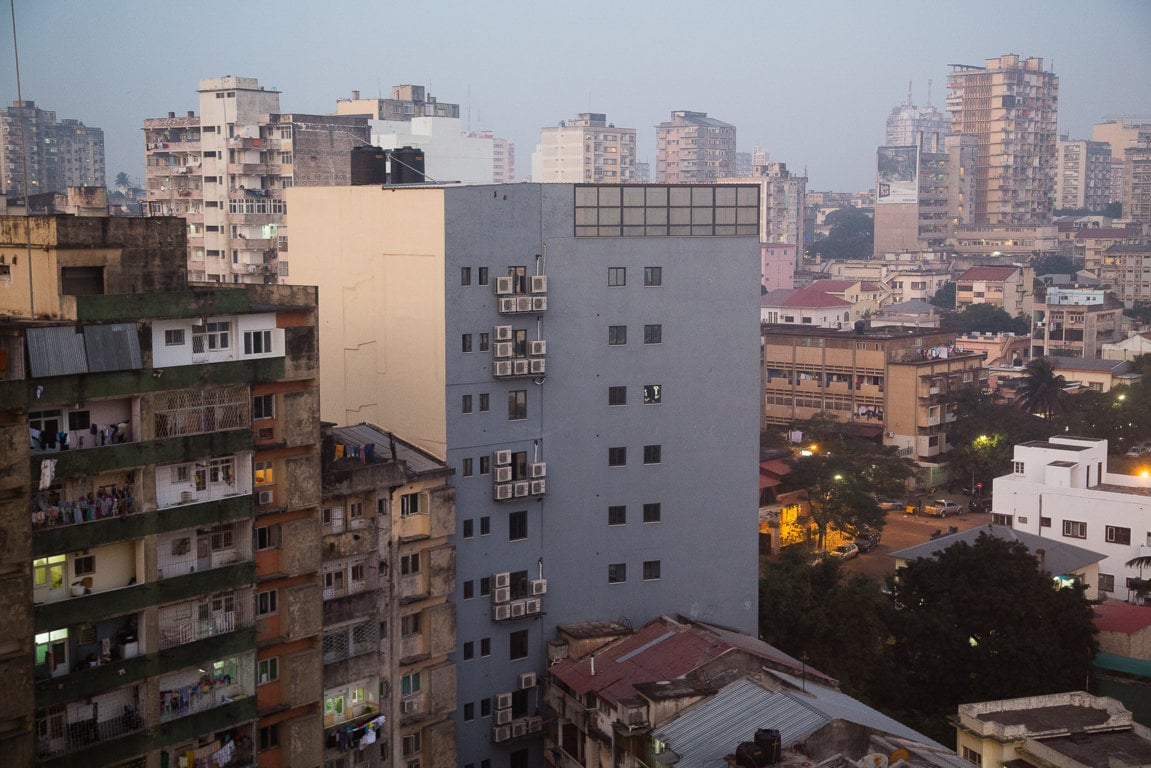


Despite the property boom, most people in the city centre live in overcrowded and rundown apartment blocks
Jon Spaull
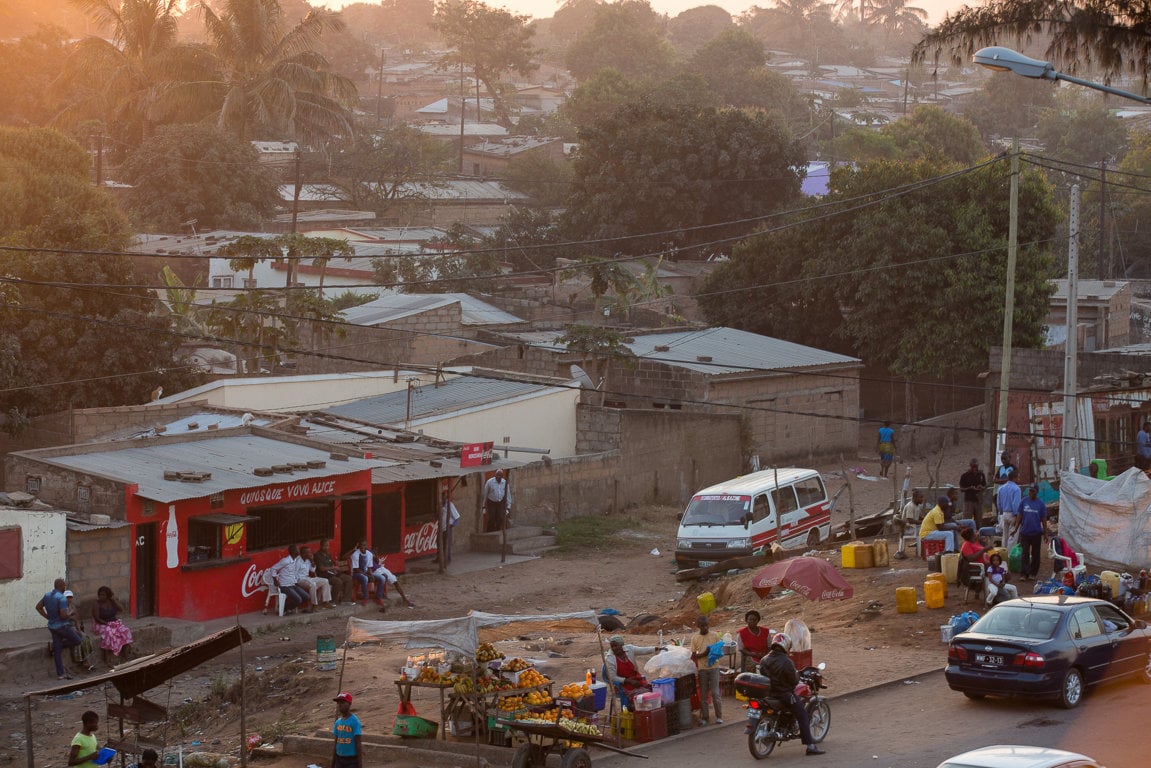


Three-quarters of the city’s inhabitants live in informal settlements around the periphery, such as here in Hulene district
Jon Spaull
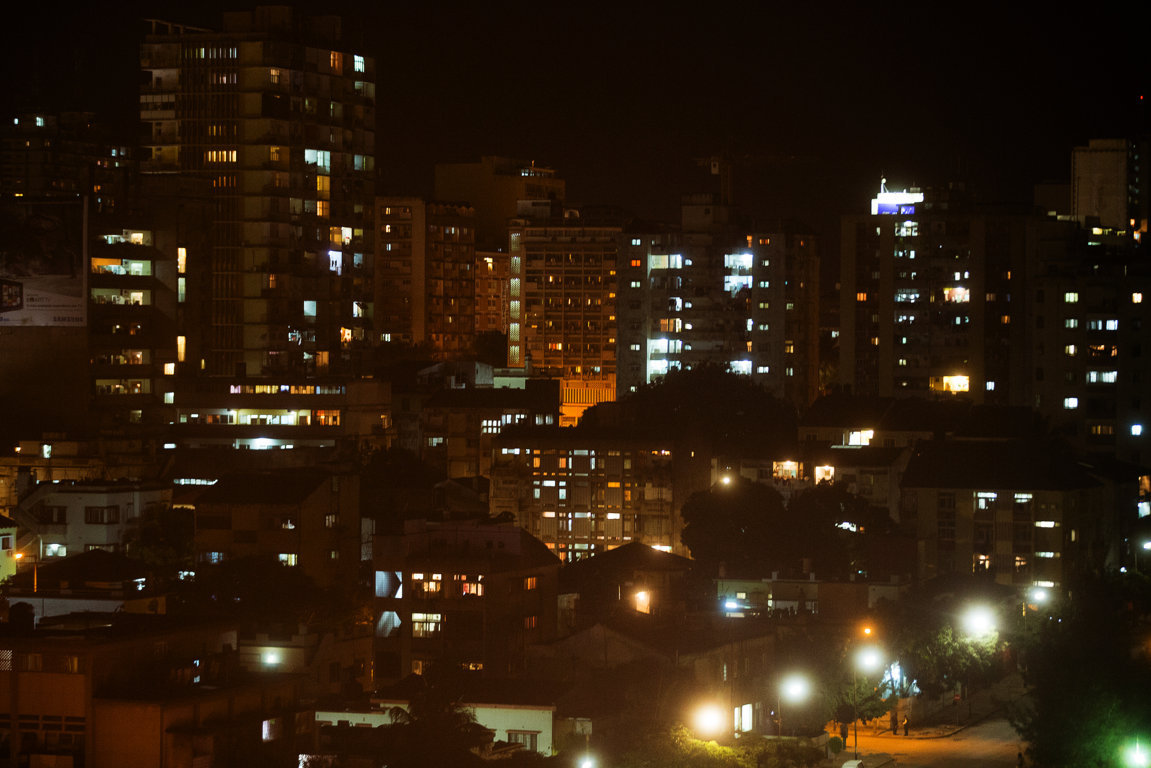


Apartment blocks in central Maputo face frequent power shortages as the supply of electricity fails to keep up with soaring demand
Jon Spaull
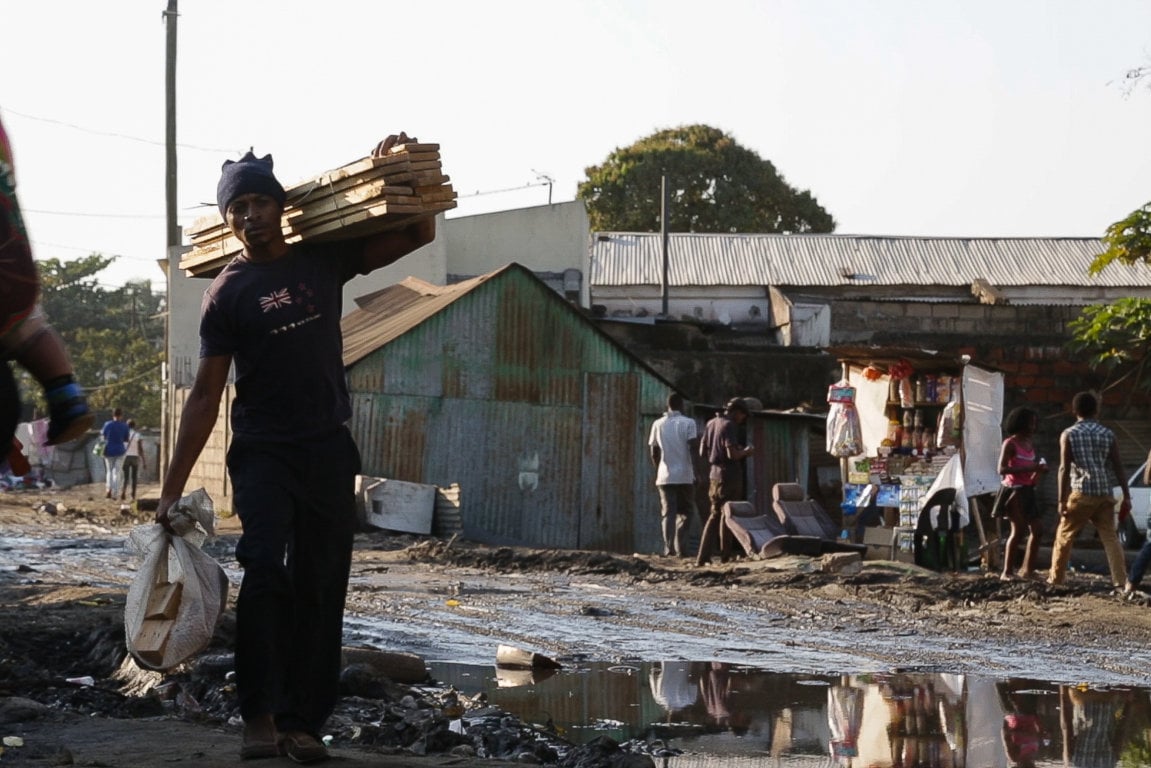


A man walks past sewage on a street in Mafalala, a poor settlement near the city centre. Piped water and sewage systems are only available to a quarter of Maputo’s population
Jon Spaull
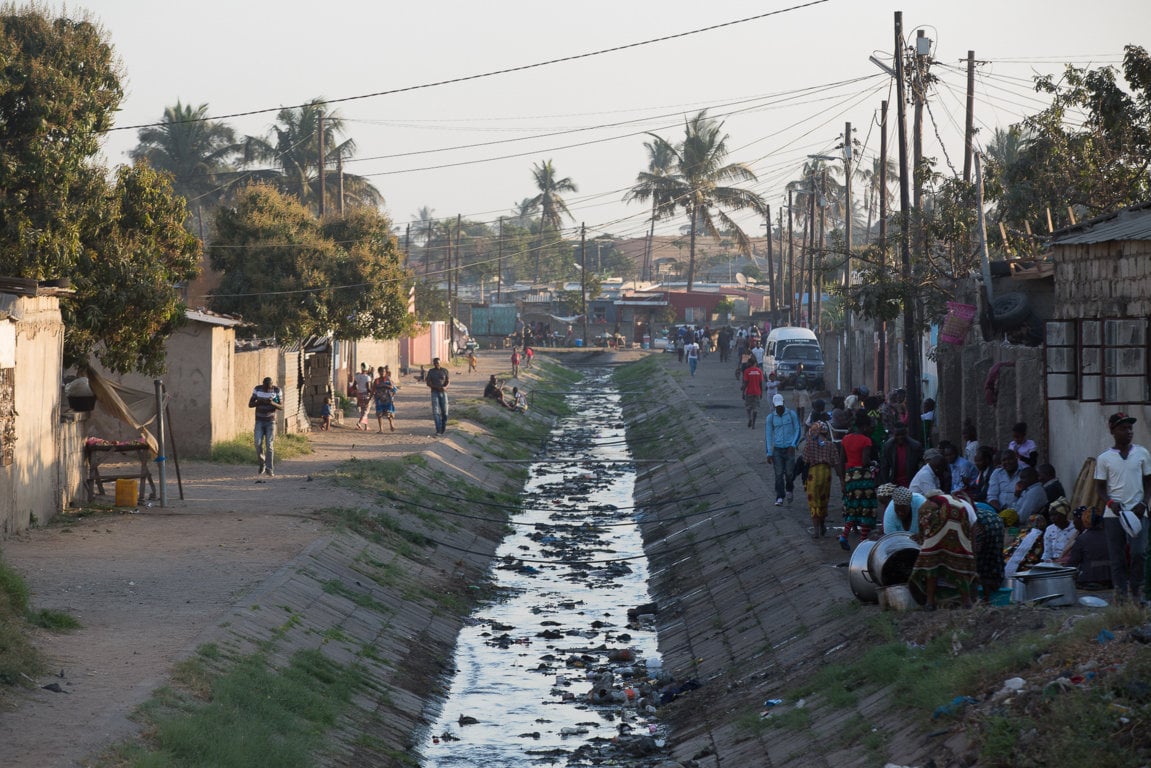


An open sewer canal in the district of Drenagem Do Vale Do Infulene. These canals can be breeding grounds for disease-carrying mosquitoes. Malaria is endemic in Maputo
Jon Spaull
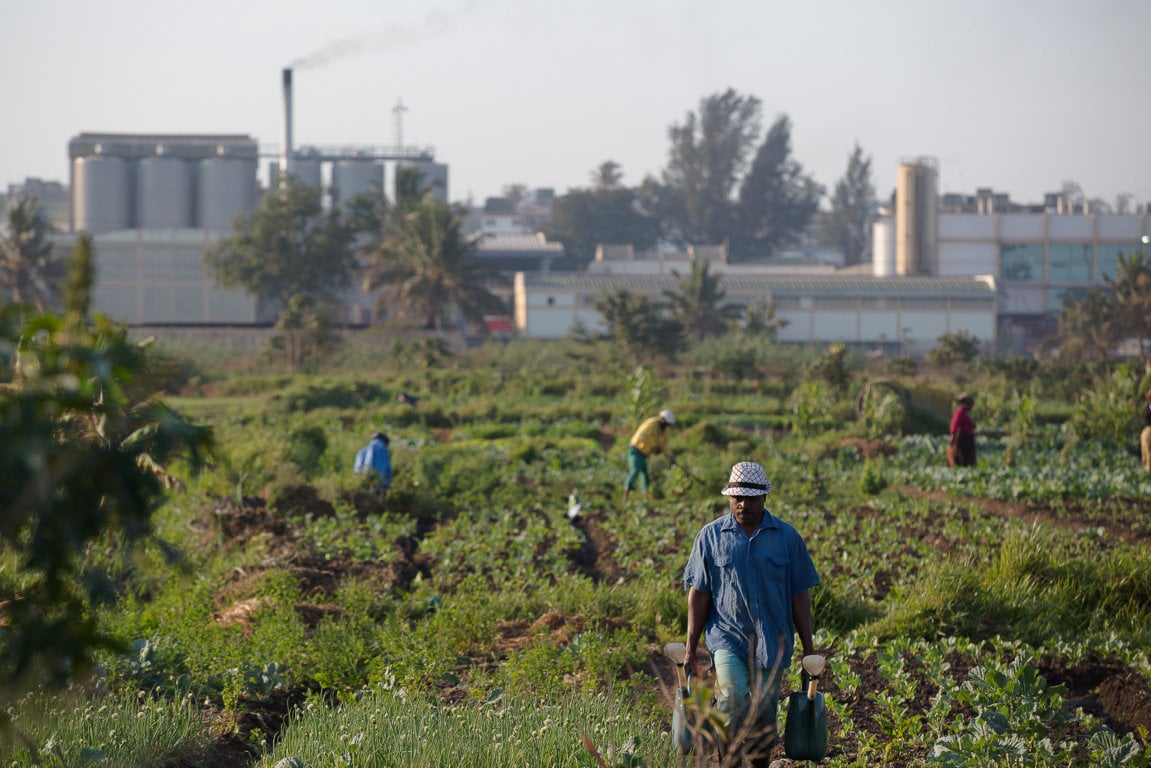


Urban farming in the Zona Verde, a strip of agricultural land between Maputo and Matola. The farmers irrigate plants using untreated domestic and industrial sewage pumped from the only set of sewage storage ponds in this metropolitan area
Jon Spaull



Foam from untreated sewage that has been used to irrigate crops in Zona Verde. Recycling untreated waste helps conserve water, but it can transmit parasites such as hookworm and diseases such as typhoid to farmers and customers
Jon Spaull
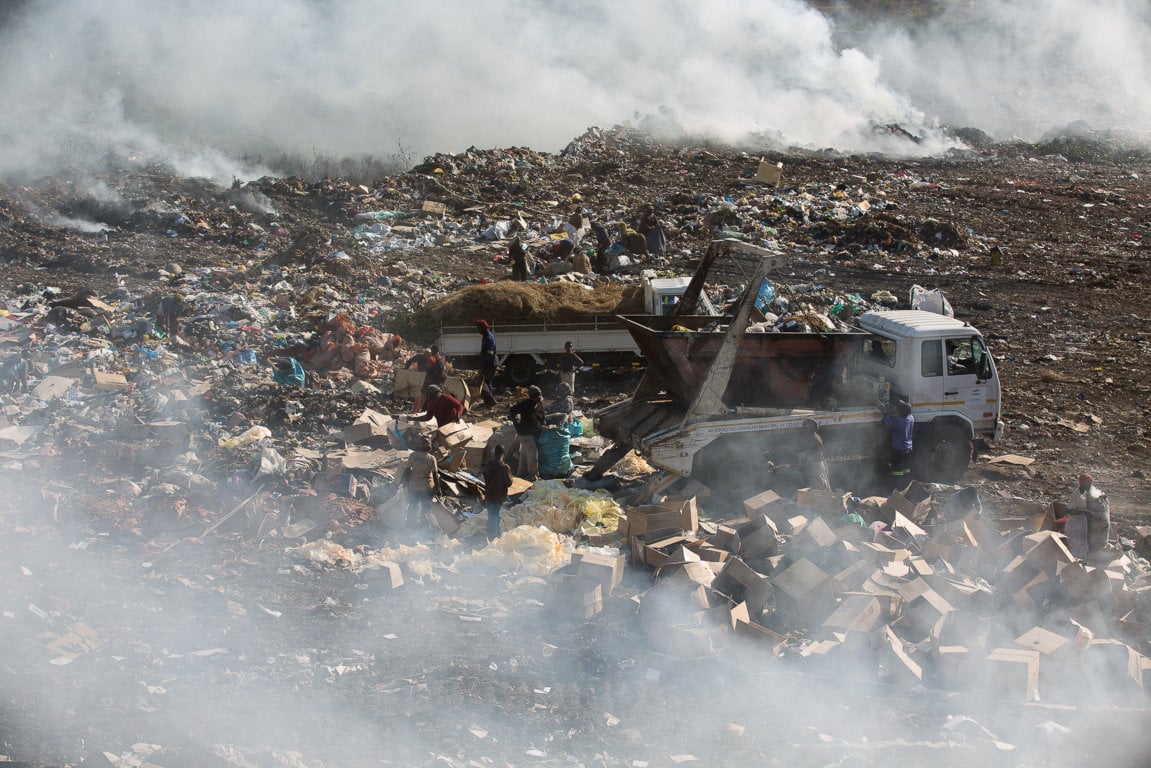


Fires partially obscure the Mahlampswene rubbish dump in Matola. Maputo faces the increasing problem of managing solid waste from its growing population. The city government is considering incinerating the waste to generate electricity
Jon Spaull
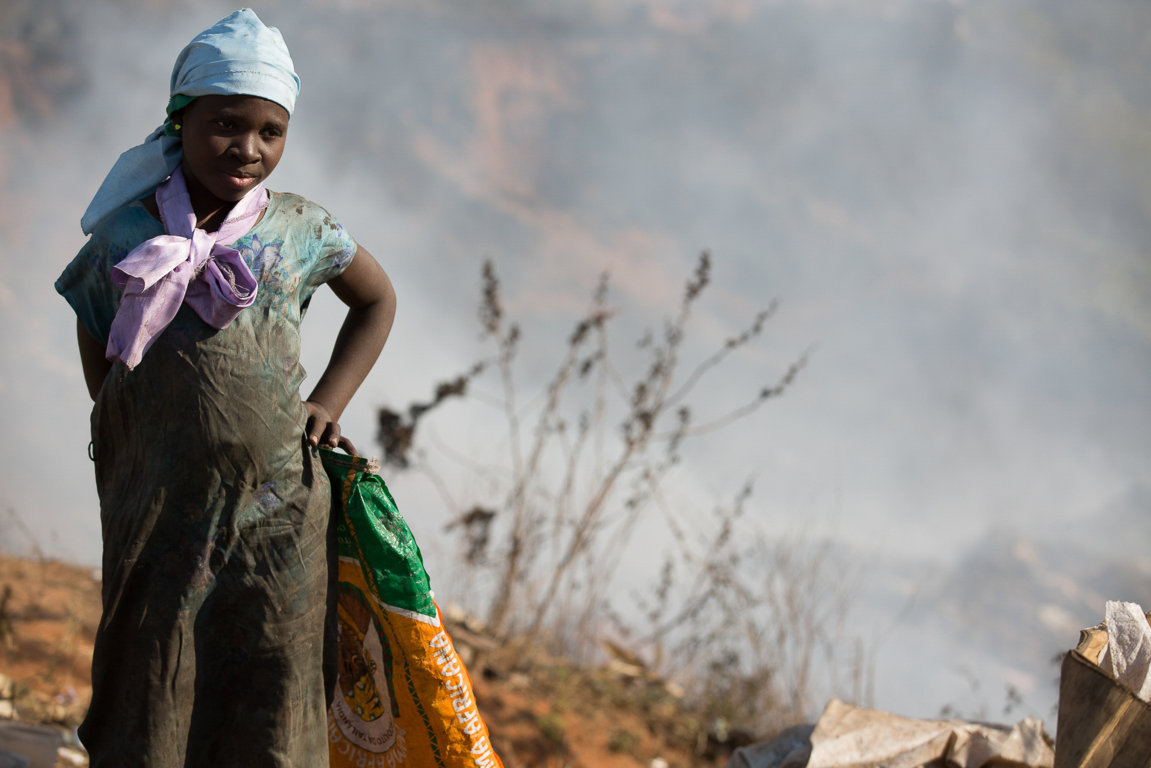


A girl who lives and works on the rubbish dump. Hundreds of families support themselves by recycling waste from the landfill
Jon Spaull
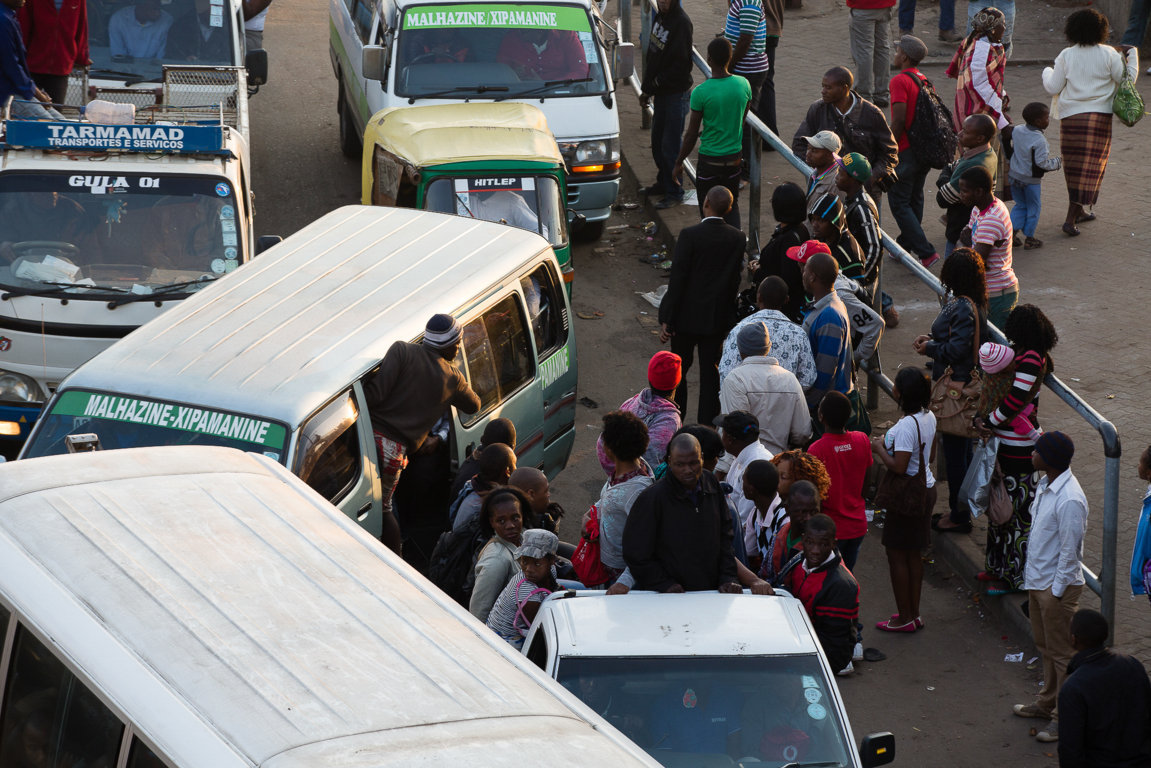


Commuters in the poor district of Benfica wait for a lift. Transport includes buses, vans and ‘My Love’ trucks, named after the intimate nature of the journey for those crammed on the open-backed vehicles. Congestion is growing alongside the city’s population. In 2008 there were riots over public transport costs
Jon Spaull
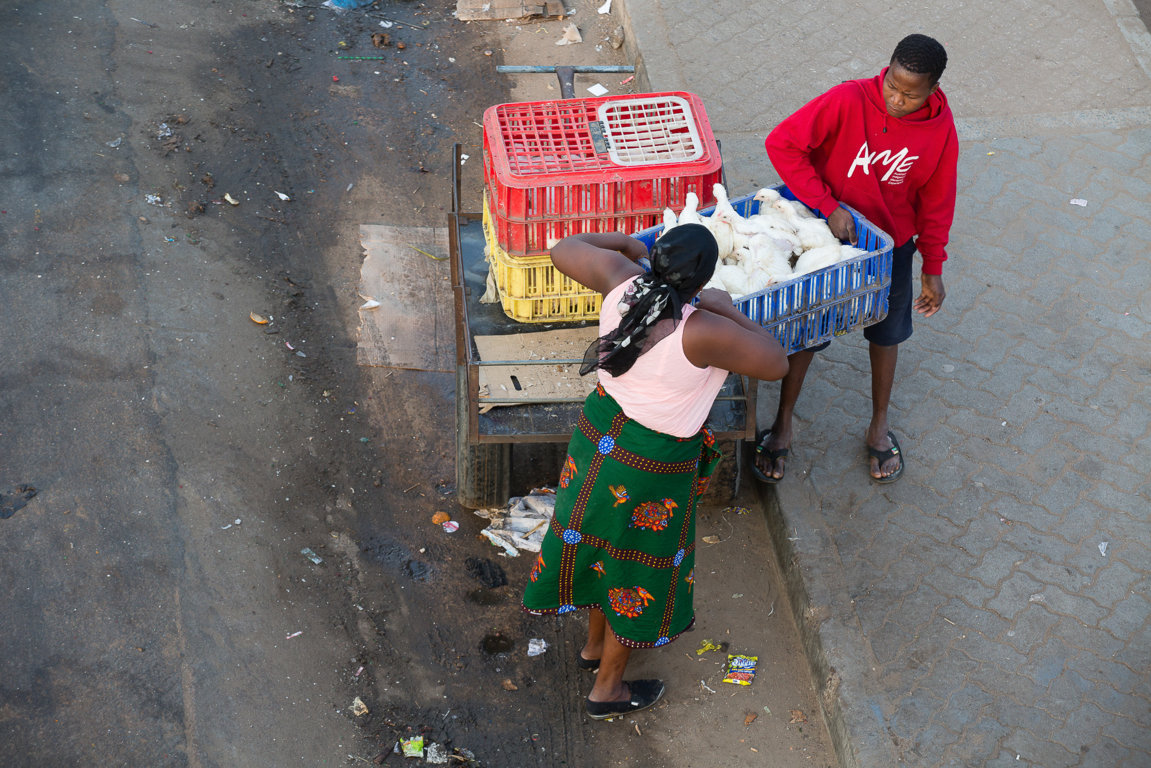


Transporting chickens to sell in Benfica district. In recent years, Maputo’s urban poultry farmers have had to compete with imports of cheap frozen chickens from Brazil
Jon Spaull
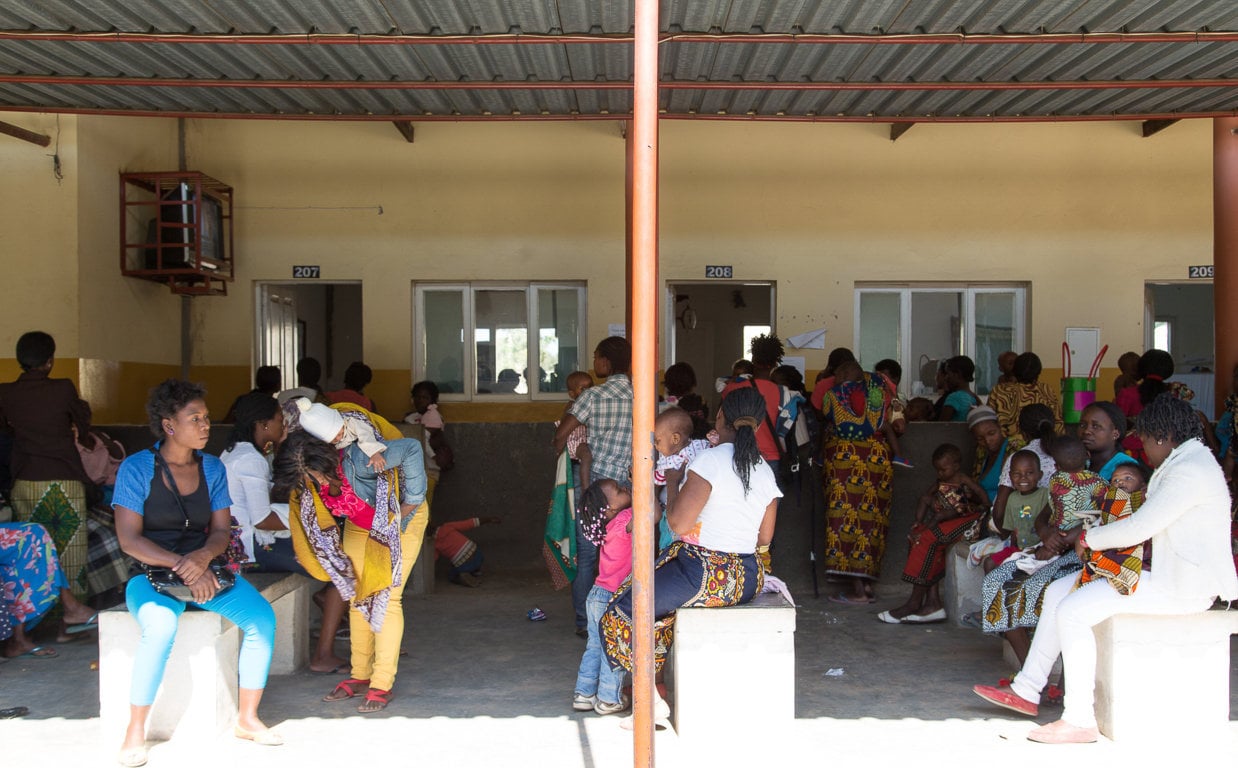


People waiting to be seen outside the Ndlavela health centre in Matola. There are only two general hospitals in Maputo. According to the WHO, just 971 doctors were registered in Mozambique in 2012
Jon Spaull
By: Jon Spaull
Send to a friend
The details you provide on this page will not be used to send unsolicited email, and will not be sold to a 3rd party. See privacy policy.



Mozambique has one of the fastest growing economies in Africa, driven by coal mining and other extractive industries. [1] Nowhere is this prosperity more noticeable than in the capital Maputo, where cranes straddle the city building scores of new tower blocks. But this boom has so far failed to benefit the majority of the population, many of whom still live in poverty.
In Maputo, half of households live on less than US$125 a month. [2] The metropolitan area formed by Maputo and the adjoining city of Matola is one of the fastest-growing in Africa. It has 2.5 million inhabitants, forecast to rise to more than four million by 2025. [3]. Its growth was kick-started by the country’s civil war, which ran between 1977 and 1992, as people fled to the safe haven of this government-controlled area.
In the 1980s, the city introduced a programme to curb unplanned expansion by redistributing thousands of plots of land to citizens for housing. The UN recognised this Strategic Action Planning programme as a model of planning for poor urban areas. [3]
But expansion since then has been largely unregulated, overstretching the city’s health, education and transport systems — and even leading to riots over food and transport costs. Most residents now live in inadequate housing on low lying areas on the outskirts prone to flash flooding. Around three-quarters of the population lack access to piped water and sewage systems, leading to outbreaks of malaria and waterborne diseases including cholera. [4]
This photo gallery illustrates some of the pressing challenges faced by Maputo and its residents — challenges that the country’s new-found income has yet to resolve.
Jon Spaull was assisted by Charles Mangwiro in Maputo.
This article is part of the Spotlight on Transforming cites for sustainability.
References
[1] African economic outlook 2014 (African Development Bank, the OECD Development Centre and the UN Development Programme, 2014)
[2] Ines Raimundo and others The state of food insecurity in Maputo, Mozambique (African Food Security Urban Network, 2014)
[3] Jørgen Eskemose Andersen and Paul Jenkins Urban development in Maputo: Strategic action planning on a tight budget (LSE Cities, November 2011)



